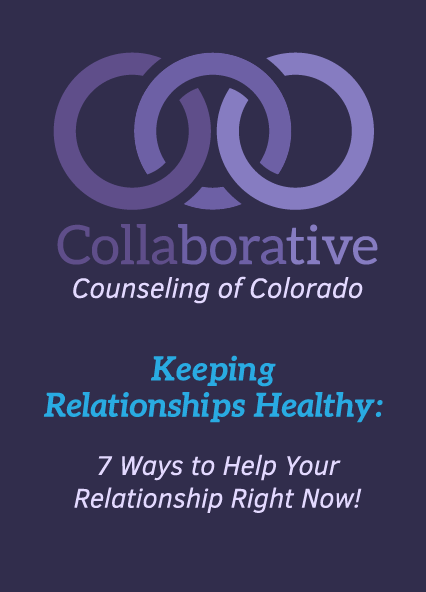“Are you trying?,” “How many children do you want?”
So often it seems the topic of having children is anything but private. However, while we readily ask questions about starting a family, there seems to be a far less open discussion of the difficulties couples encounter along the way. Many couples can experience a sense of isolation as they struggle (seemingly alone) with fertility concerns. The truth is they are far from alone: according to the National Infertility Organization, 1 in 8 couples will experience some form of fertility issues.
The list of concerns associated with fertility challenges is daunting – many studies show strong links with the following:
- Depression
- Anxiety
- sense of loss
- decreased relationship satisfaction
- decreased sexual satisfaction
Couples may feel unable to share their struggle with friends and family, or may believe others will not understand and “not know what to say.” But what can be even harder and more vexing is the experience of loneliness and isolation within the relationship. Each partner has their own set of reactions, and sharing this experience can feel like swimming through uncharted waters. Some partners report feeling guilty, others express a loss of identity or fears of inadequacy. Sometimes one partner will report they feel they are “dealing with this alone,” or believe “this has been more difficult for me.” Often partners can be blind to their significant other’s experience and are uncertain how to communicate about such a raw and vulnerable issue.
What can help?
These reactions are understandable and quite common. Each person will have their own unique reaction. There is no “right way” to react in the face of fertility difficulties, and in times of stress, sadness, and loss, we all do the best we can.
The good news is that while infertility can cause strain on a couple’s relationship, communicating and supporting each other through the process can actually strengthen relationships.
The current research indicates that for couples with infertility challenges, it is most helpful to work with both partners as a dyad rather than individually. This joint process can be especially helpful with decreasing loneliness and isolation, as well as ensuring both partners feel supported and cared about throughout this complex process.
EFT (Emotionally Focused Therapy) is particularly effective in these circumstances because it helps each partner be able to access and resource each other. From there they can strengthen their bond, and connection with one another. Therapy can also be a space where couples explore the meaning of infertility and explore their options.
No matter where a couple is at in the process, a good couples therapist can create a healthy environment where each partner can share their experience and strengthen their ability to reach to their partner for comfort as well as offer support in return.
While fertility difficulties are often distressing, strength, resilience, and hope can be found in approaching the challenges together.
For a more general overview of fertility concerns in relationships see our previous post here.
Rachel LaHoda, MA specializes in working with couples facing fertility challenges and other obstacles in relationships. Learn more about Rachel.

